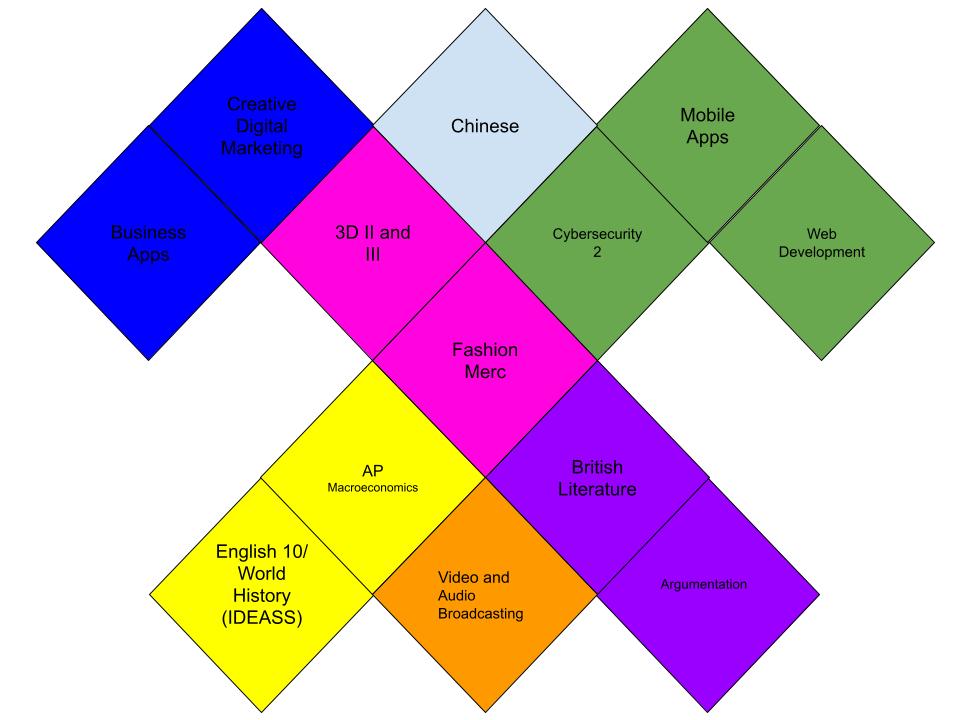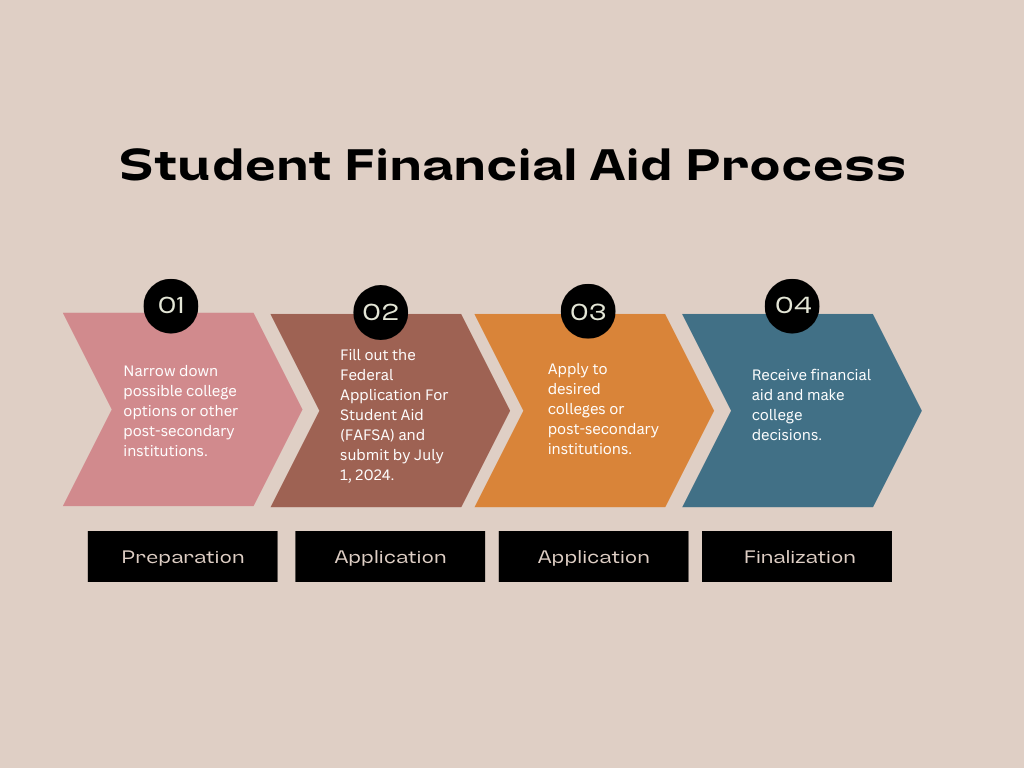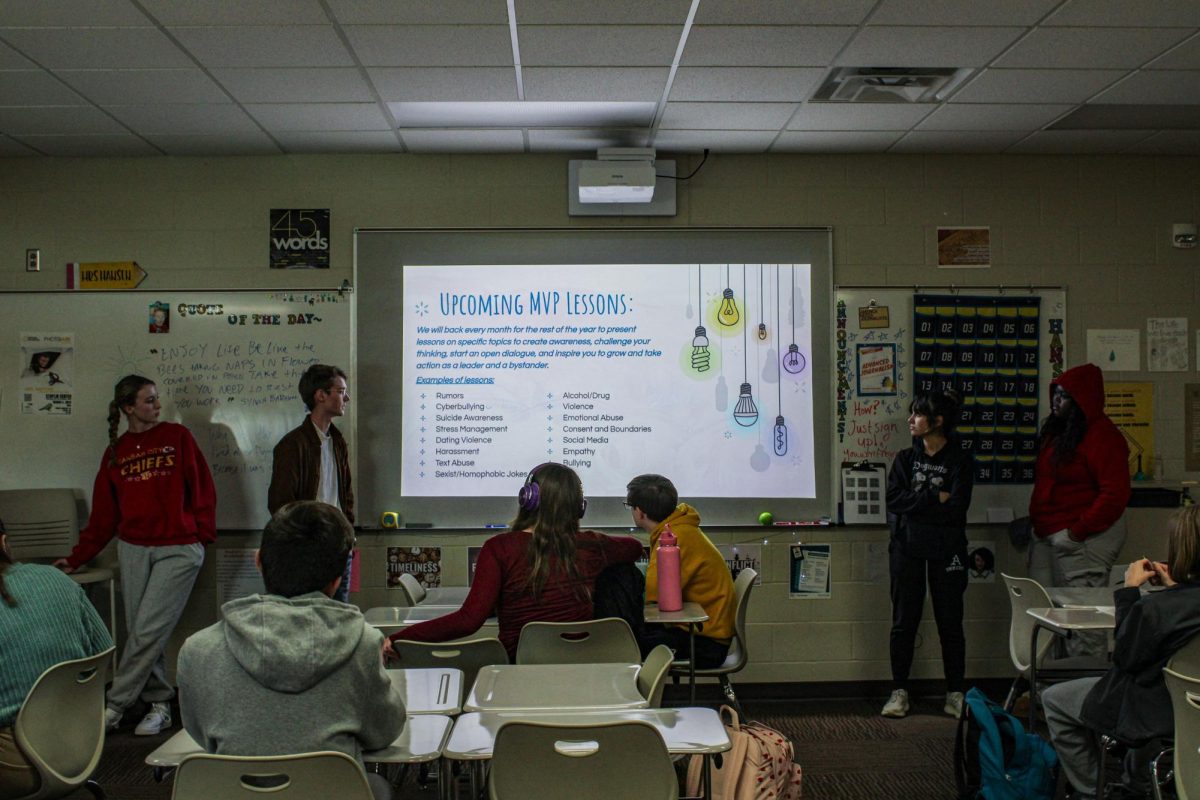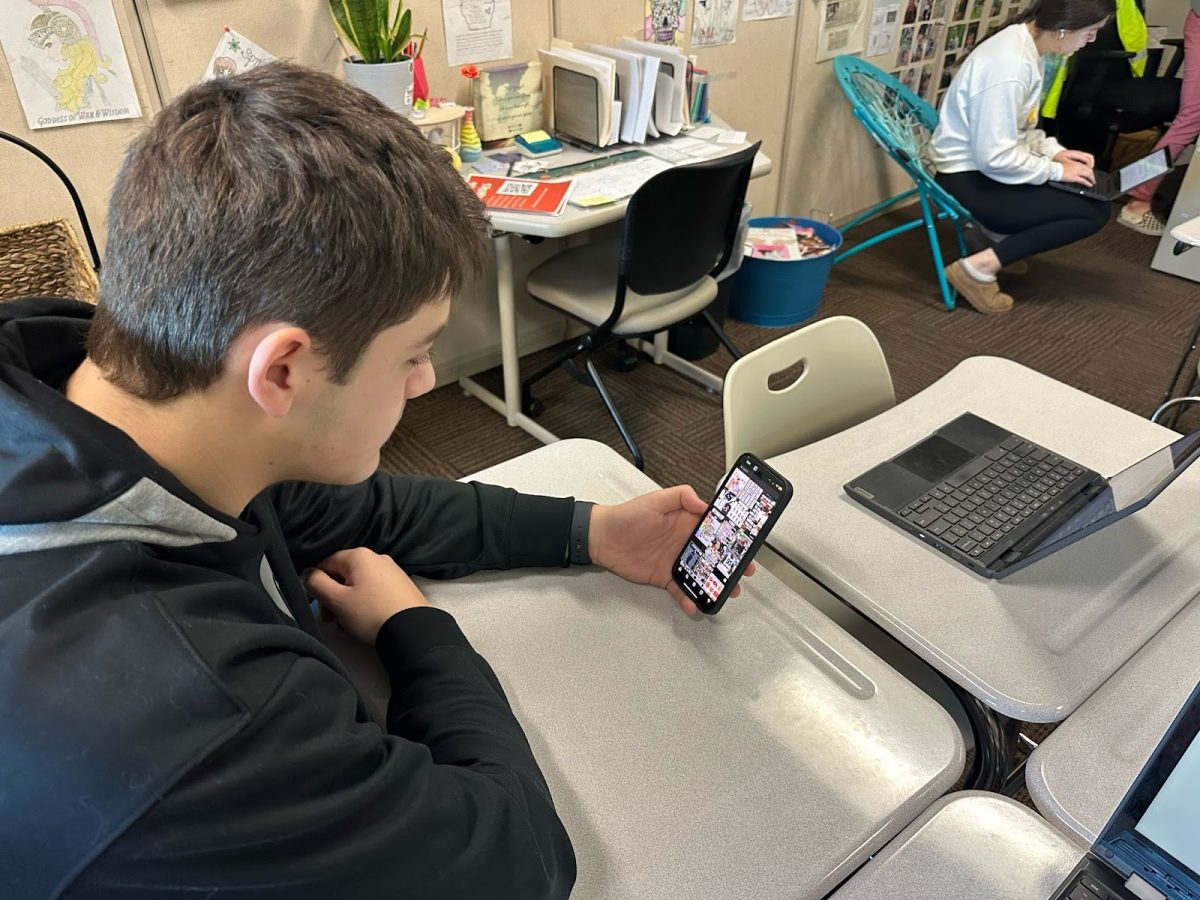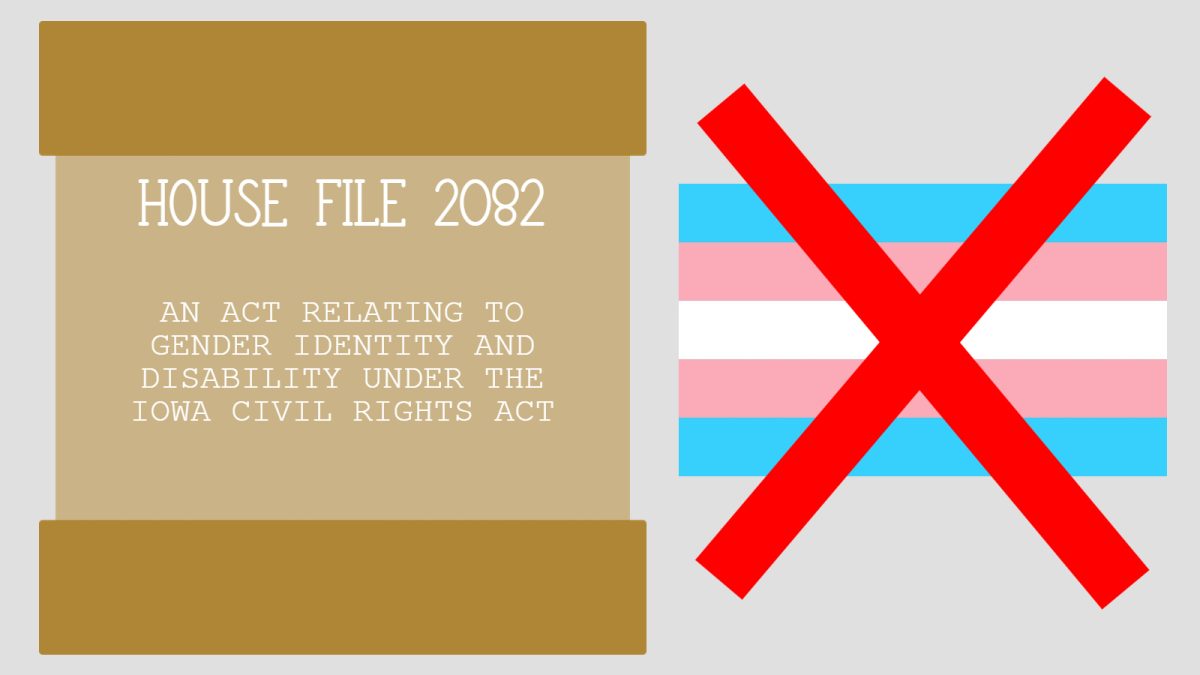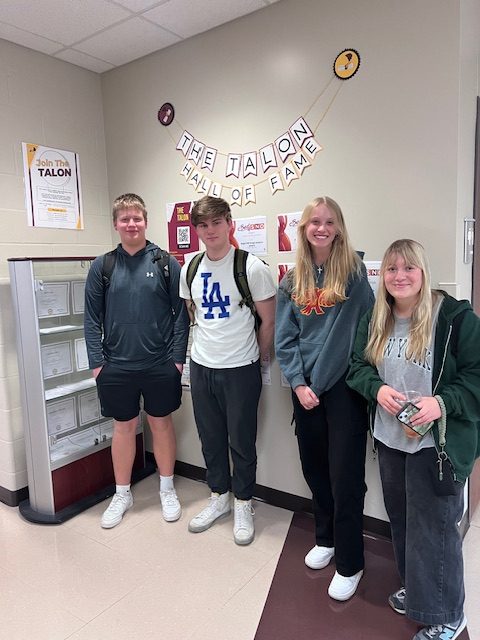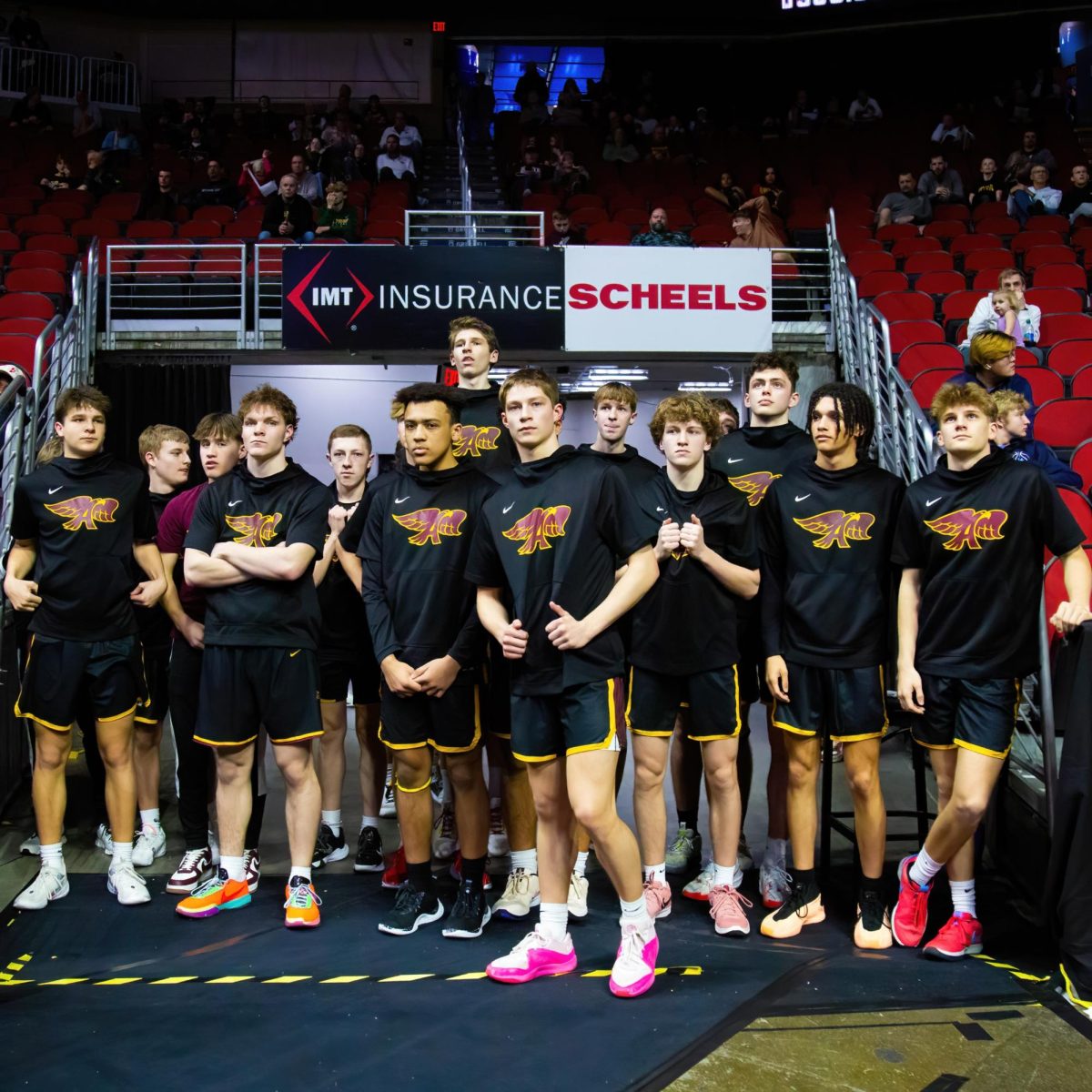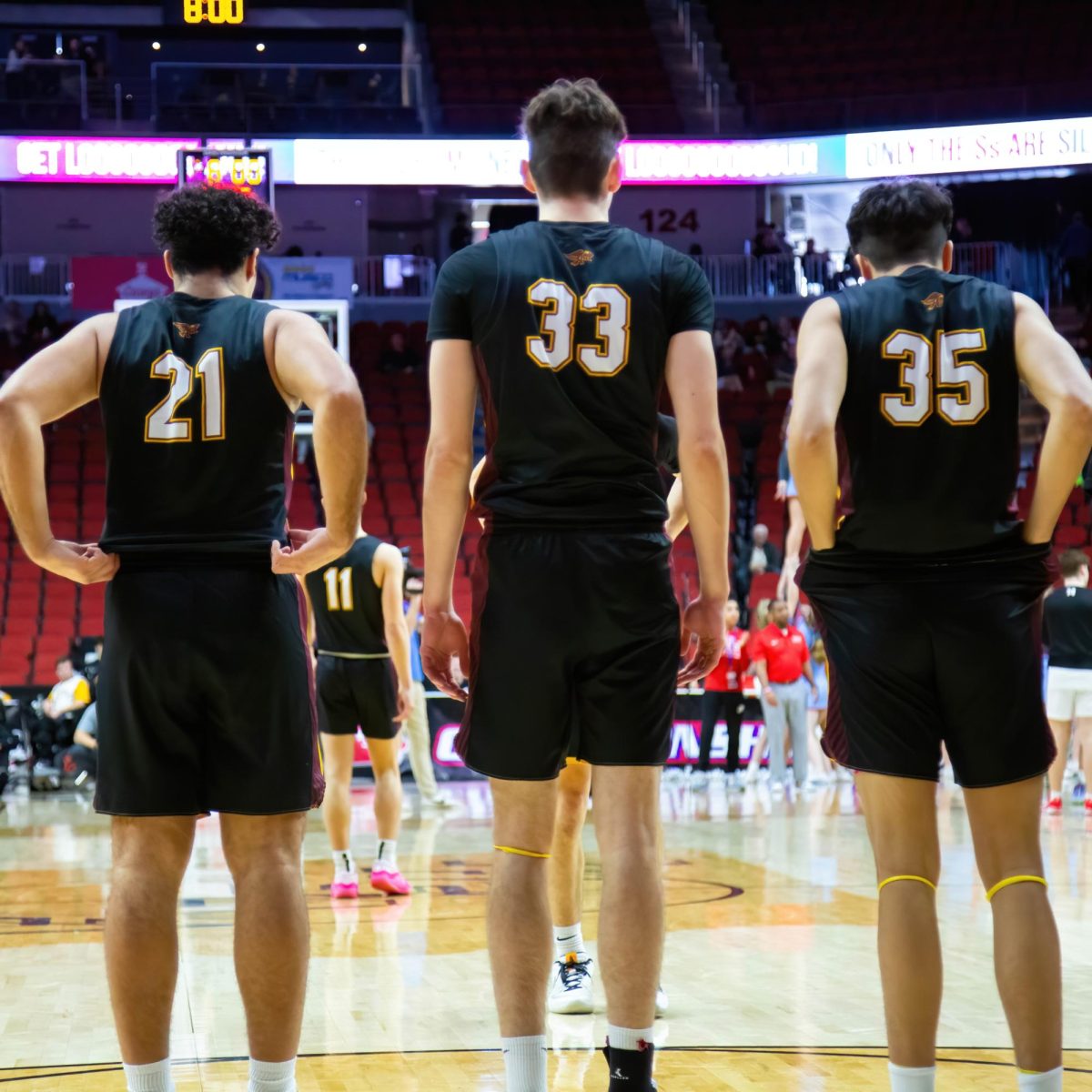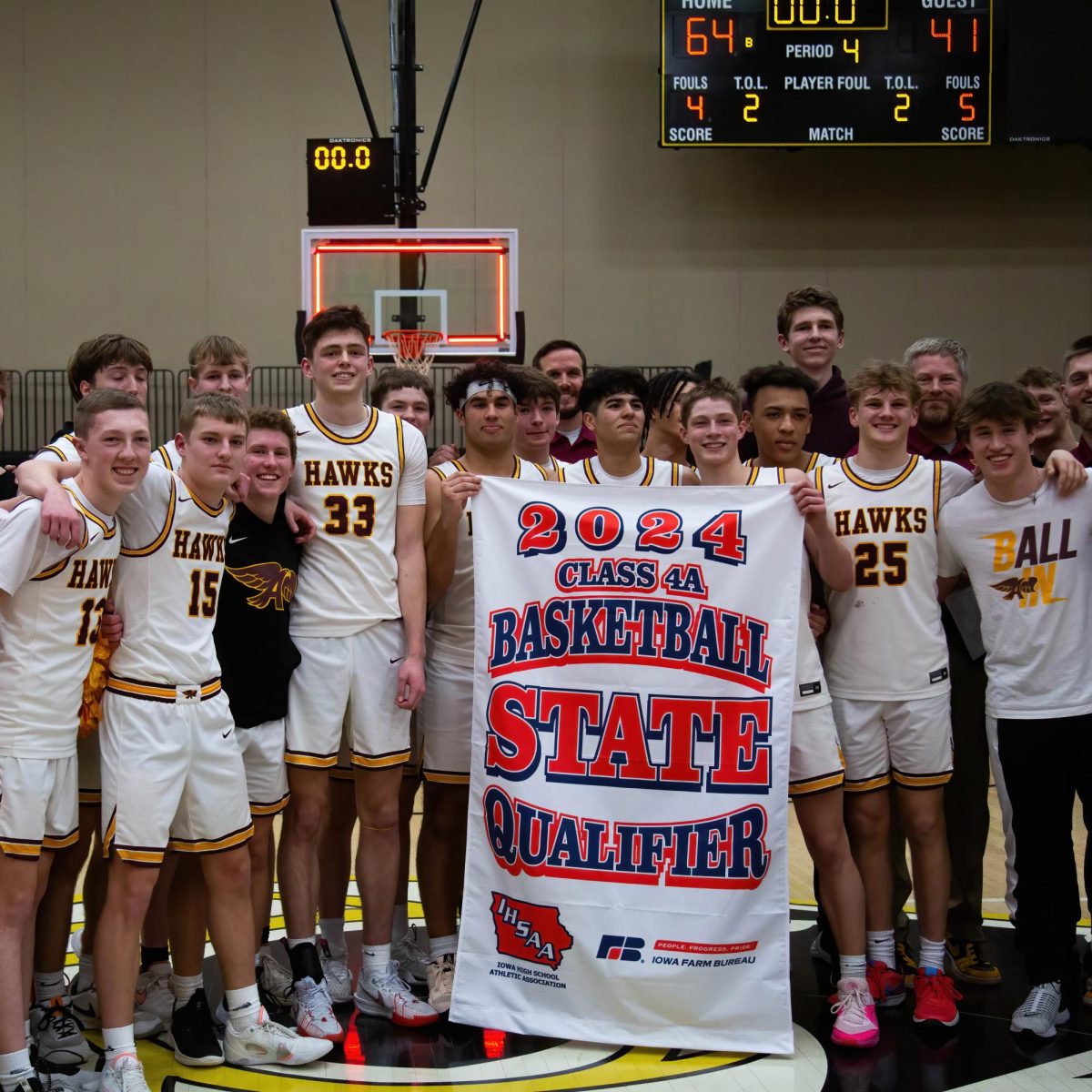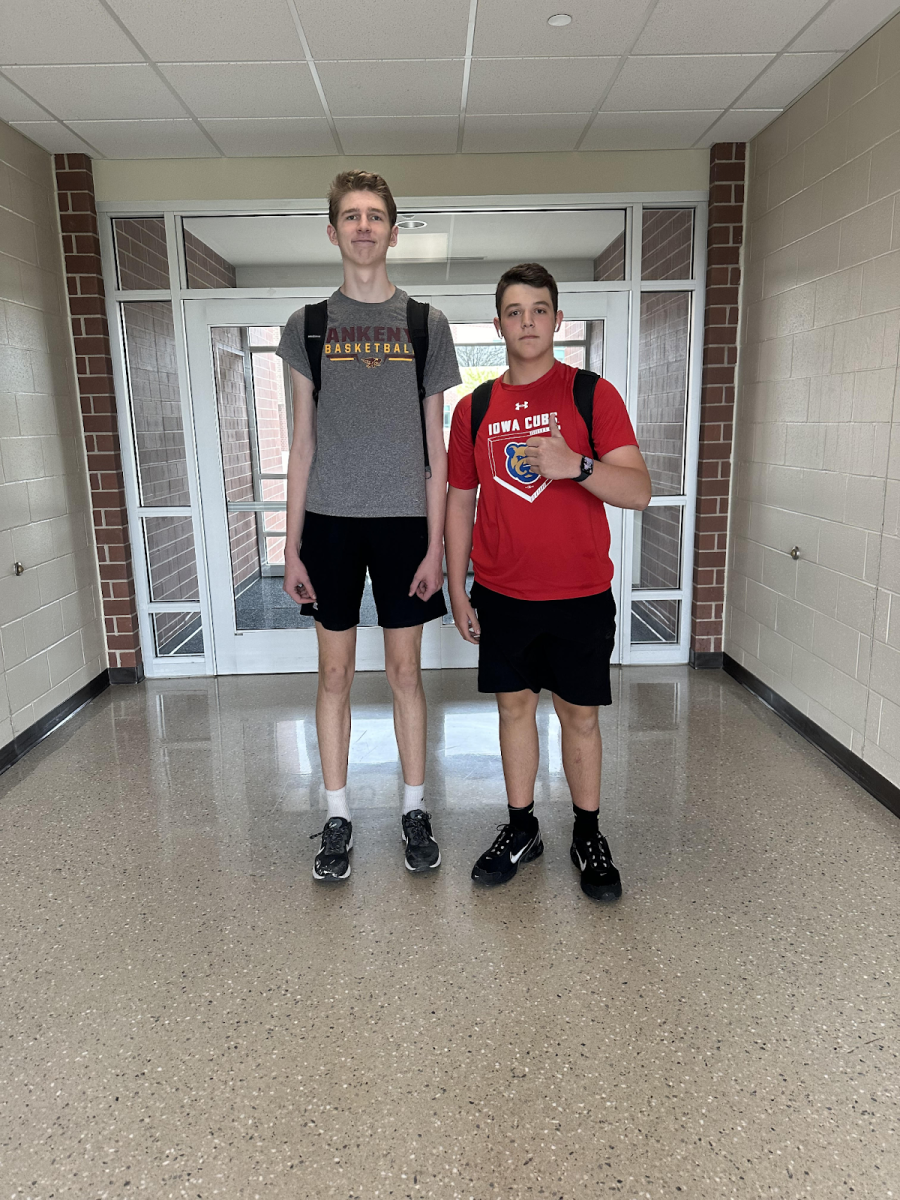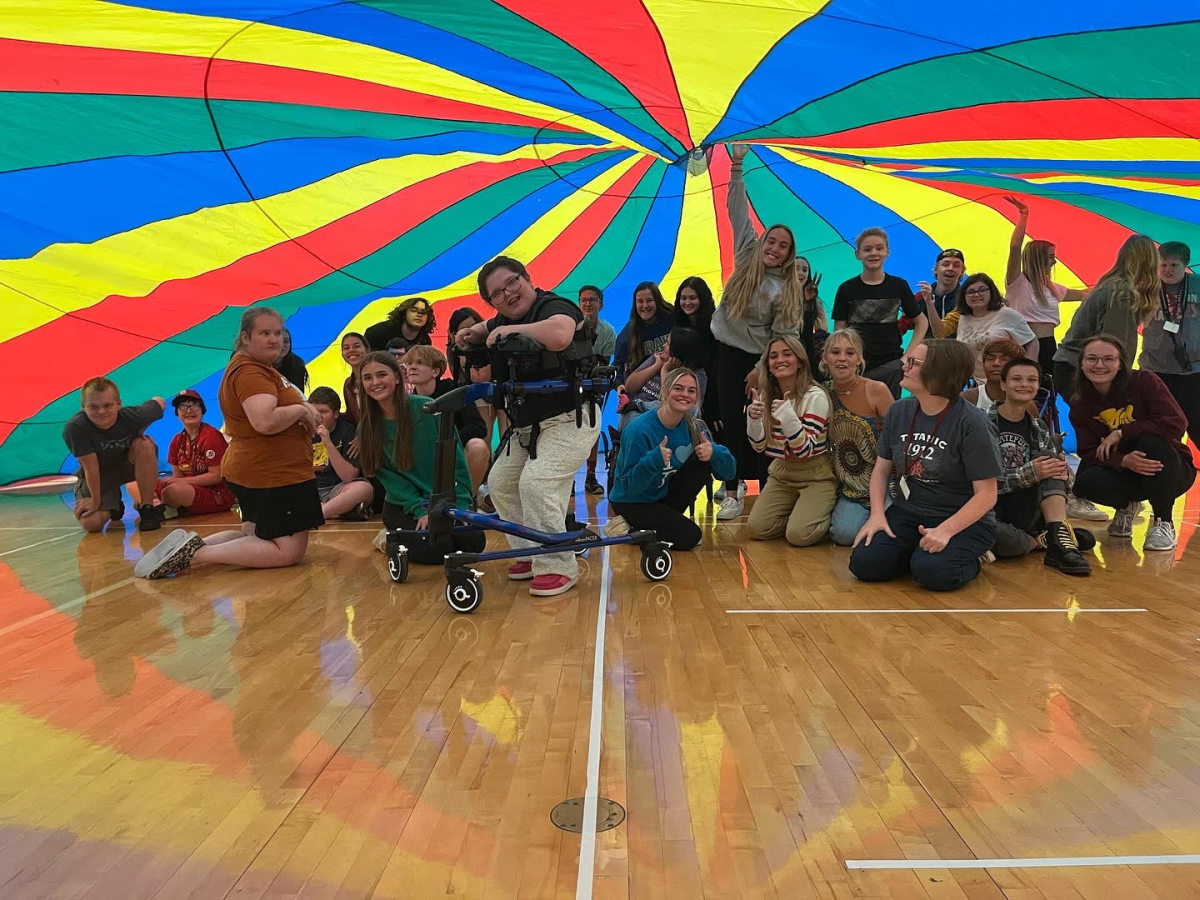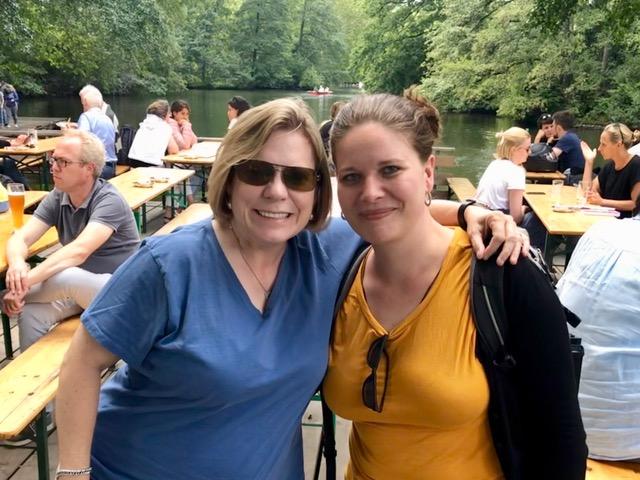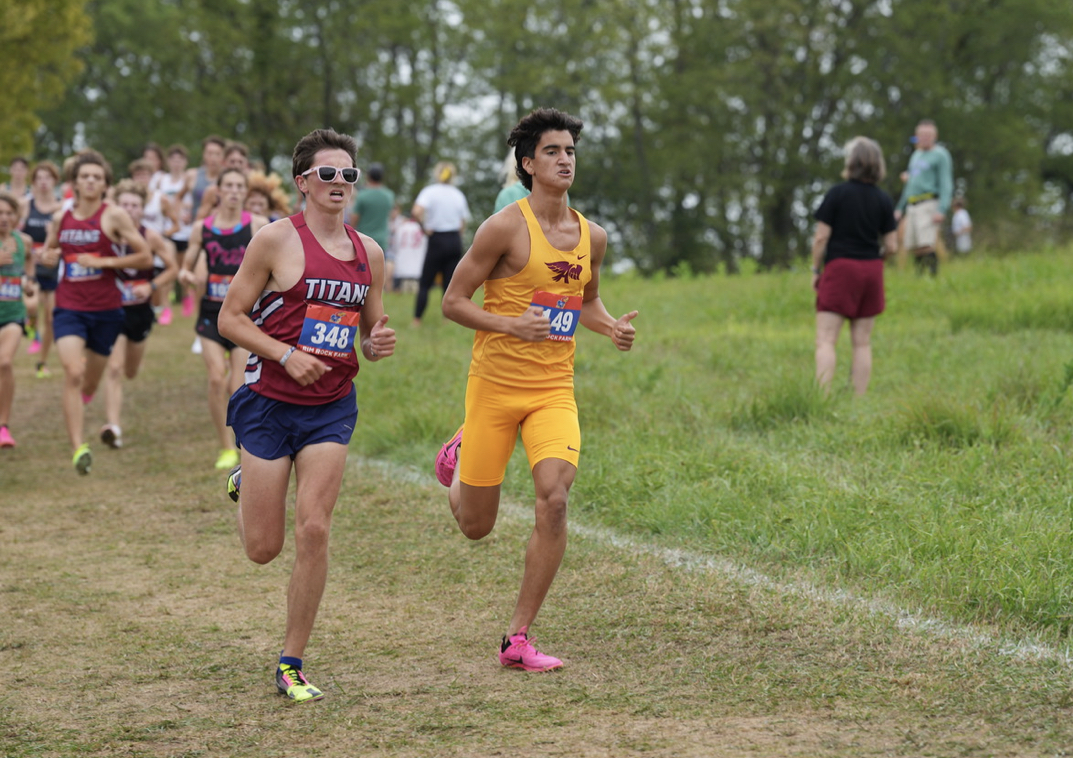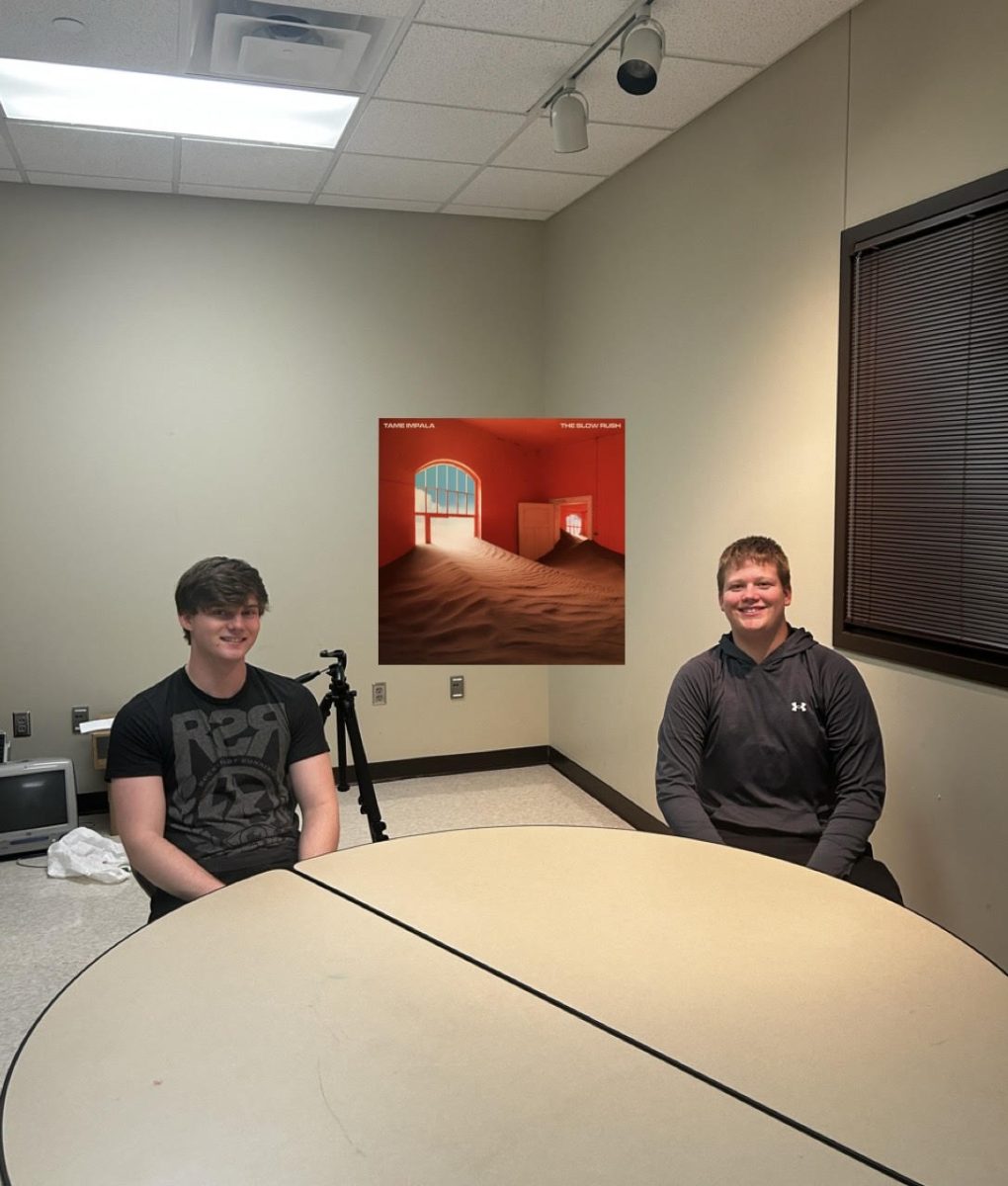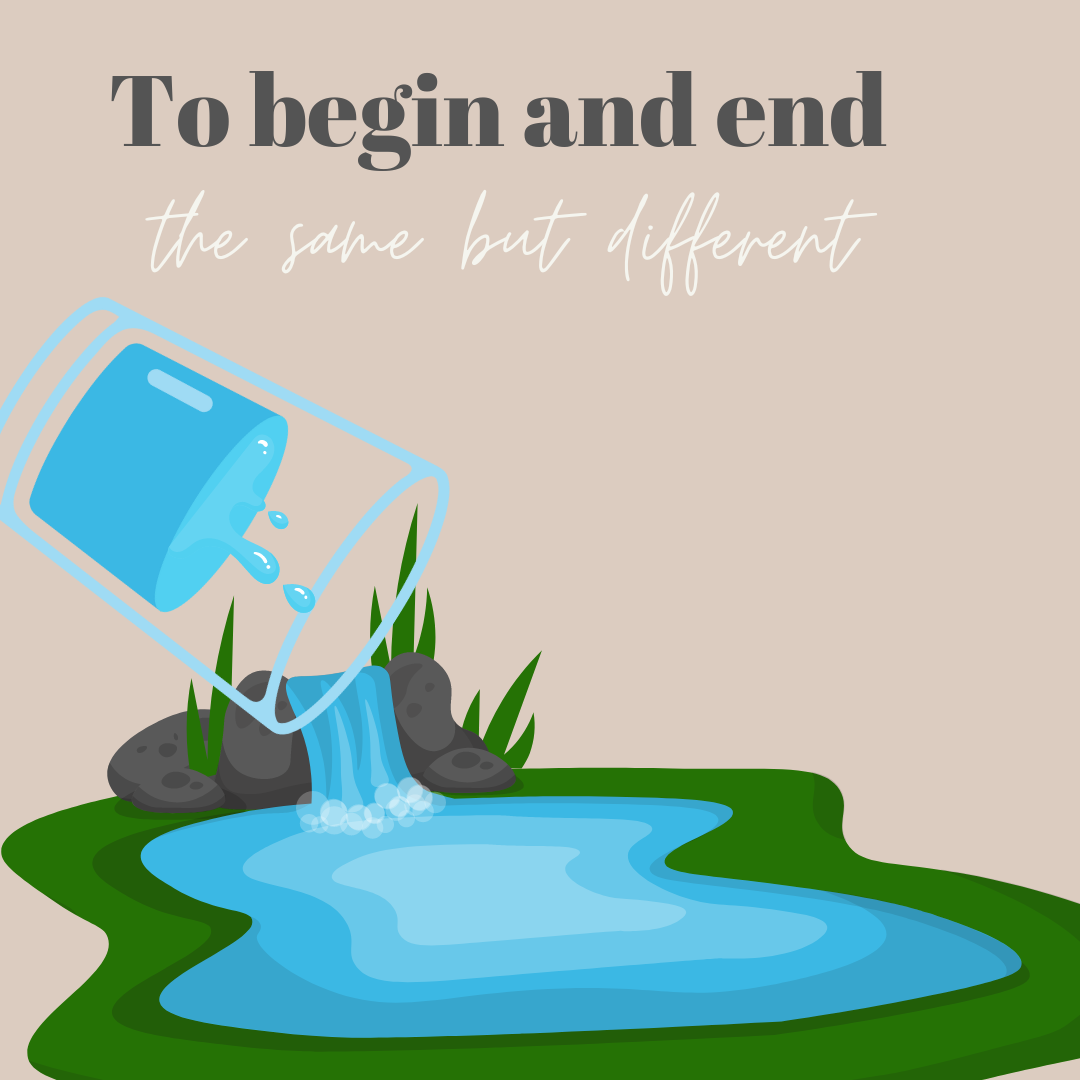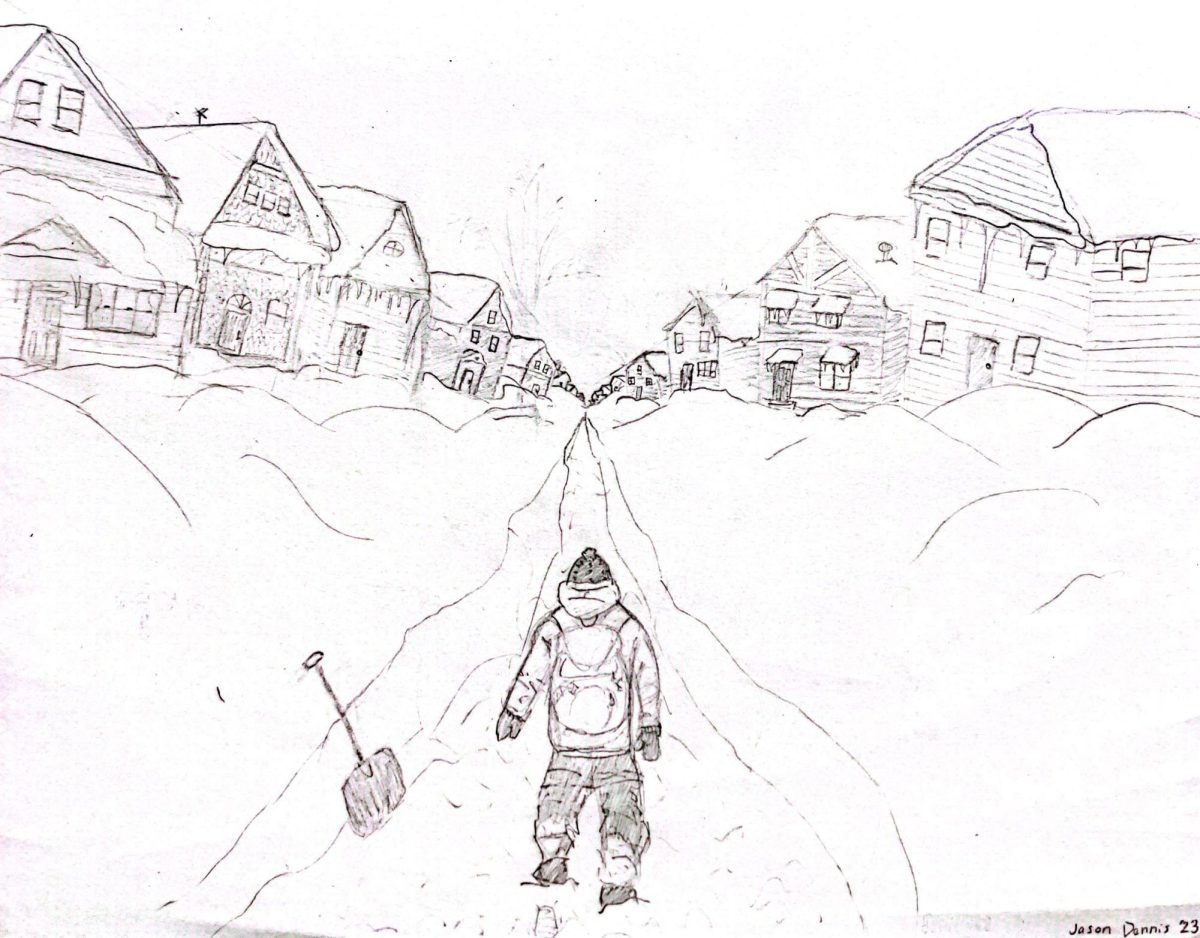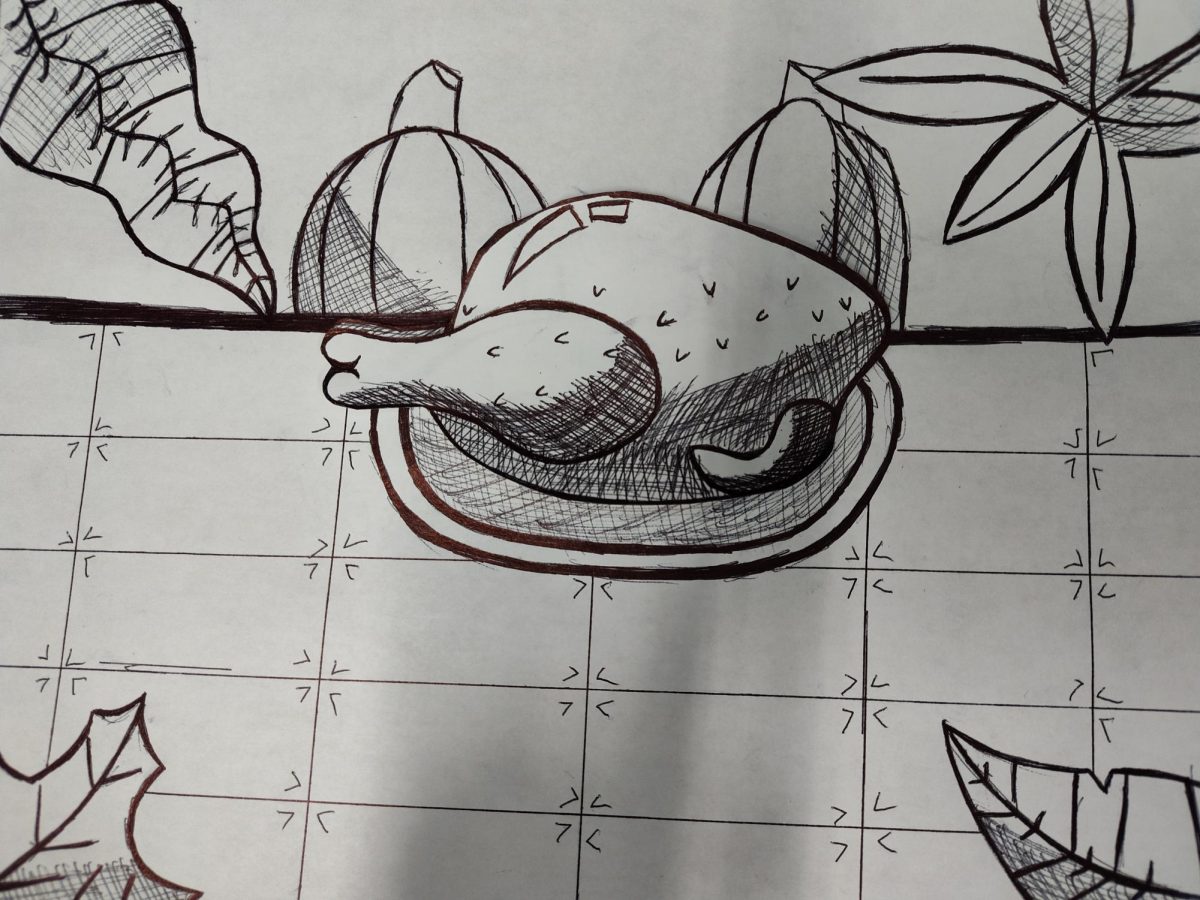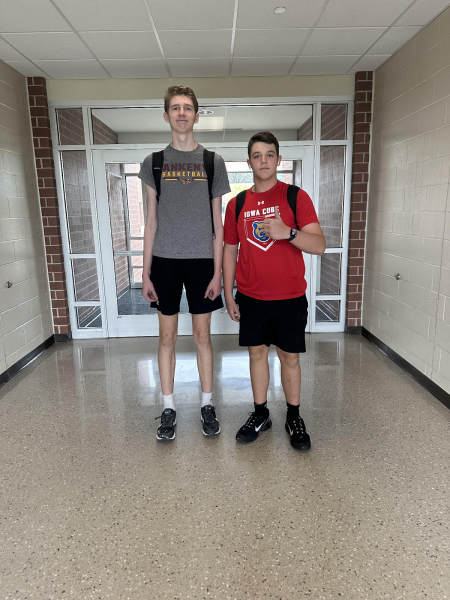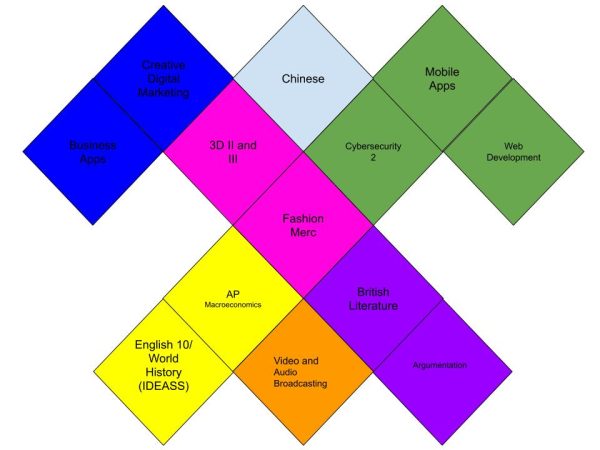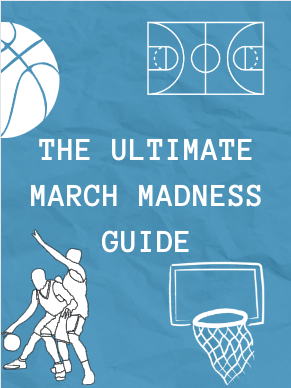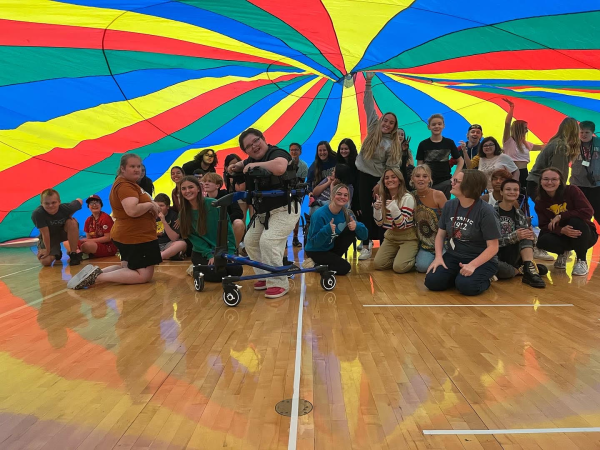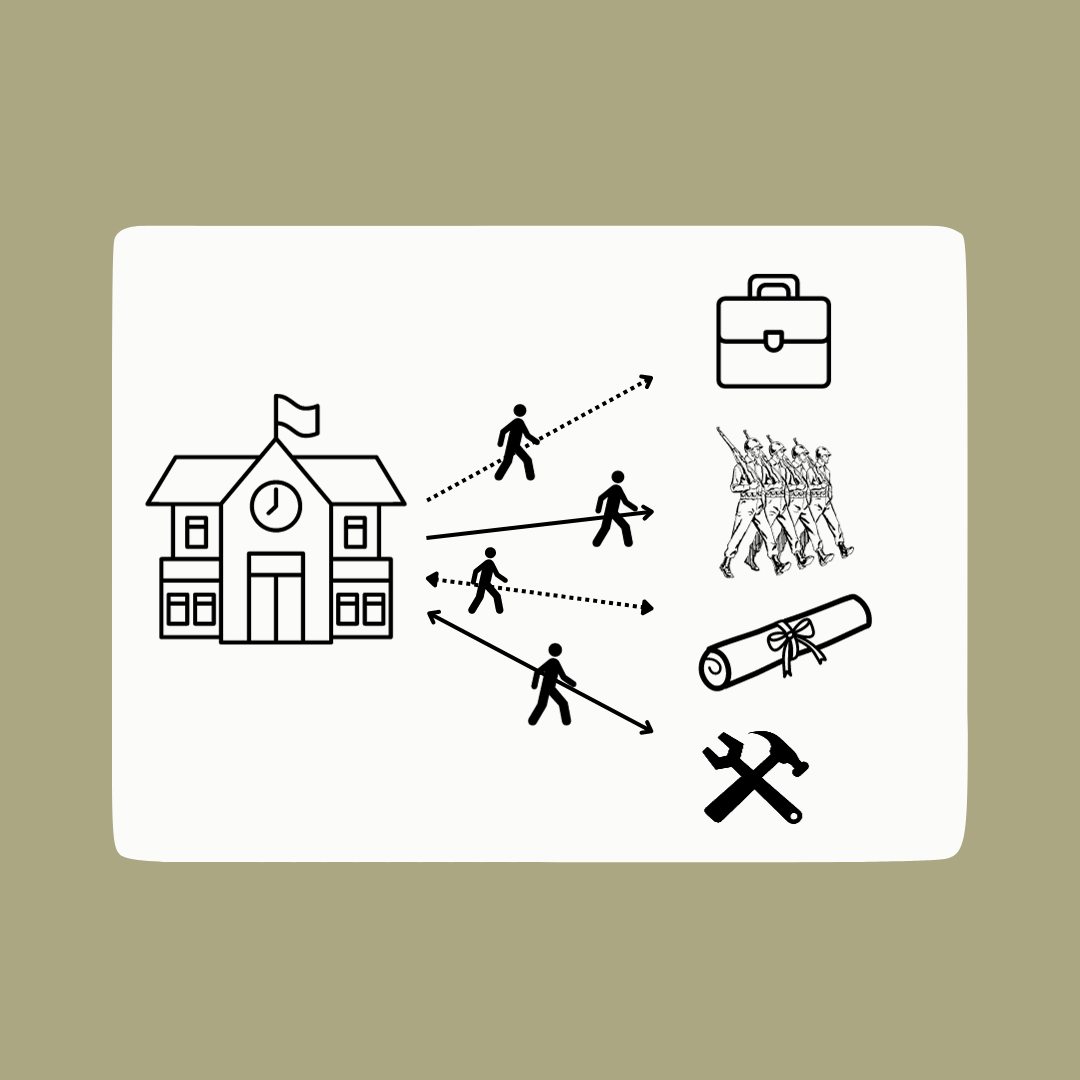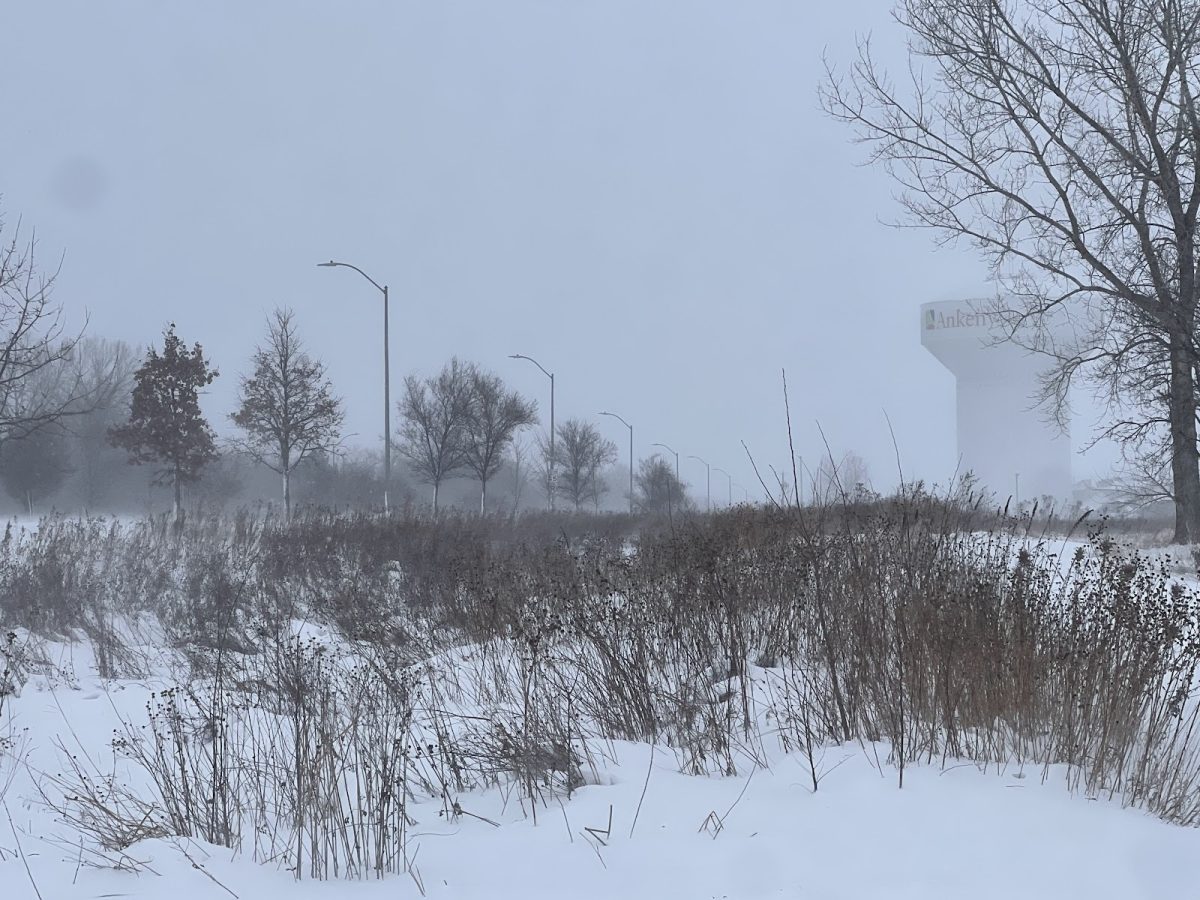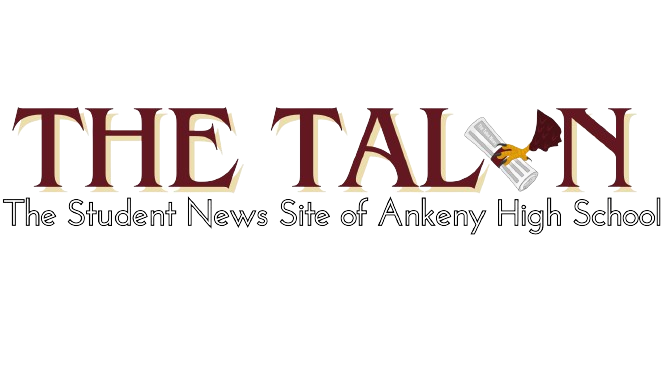Ankeny Community Schools work to implement a five-year Graduate Profile to help parents, teachers, staff, and students get on the same page about their learning, preparation for post-secondary plans, and goals before and after graduation.
The Profile of a Graduate, just one aspect of the district’s five-year Strategic Plan that was enacted last year, was created by a task force of Ankeny Community School District (ACSD) staff, parents, and community members as an image of which traits they hope would be true of all students by the time that they graduate from Ankeny Community Schools. Outlined in the profile are six specific traits: knowledgeable, curious, engaged, understanding, adaptable, and authentic.
“The idea around the Graduate Profile is if you’re a parent that is moving to Ankeny and you want to quickly know what the district is all about, instead of having to read through the Strategic Plan or the Diversity, Equity, and Inclusion (DEI) framework, if you look at the Graduate Profile, that should tell you what we value as a district and how we want our kids to be and exist while in school and after they graduate from school,” Superintendent Dr. Erick Pruitt said.
Pruitt mentioned he felt that a “common language” had been missing when he first arrived at the ACSD and this was one way to create it.
“The Graduate Profile gives us a common language that we can all use to make sure that we’re all pointing in the same direction, and that we’re very clear on why we’re doing what we’re doing and how this leads to the different characteristics that we see in the Graduate Profile,” Pruitt said.
The Profile of a Graduate is intended to support and prepare every student in the district as they make their journey through high school and toward their post-secondary plans, whether that be college, the military, a trade school, workforce, or other plans they may have for the future.
“The Graduate Profile just isn’t for one type of student,” Pruitt said. “We have many different types of kids that attend school in Ankeny and so the Graduate Profile is intended for your high achievers, the kids that are in the middle, and the kids that are struggling.”
Senior Carter Danielson talked about finding his career path through teachers at Ankeny High School and feeling prepared for life after high school.
“Ankeny has helped me prepare, especially with the really helpful teachers. Mrs. [Morgan] Stapp was the whole reason why I kind of was, like, ‘I’m going to consider medicine,’ with her anatomy and physiology class,” Danielson said. “From the beginning I’ve had great science teachers in particular that have really helped prepare me for that. Ankeny has really just taught me to be independent.”
Ankeny graduates described their experiences now that they are officially part of the post high school world.
“Especially in college, you’re thrown into it pretty much. High school can try to prepare you, but you will not be prepared until you get here,” 2023 AHS graduate Jori Webb said.
Webb, a current freshman at the University of Iowa, described that despite preparation from high school, college is something that you will not be ready for until you experience it.
“Honestly, I really enjoy the independence and freedom to be able to create my own future. I am in charge of my destiny at this point… It’s just been such a good experience to be able to be in charge of myself and not have anyone to hold my hand and throw me into it,” Webb said.
2023 AHS graduate Sydney Madetzke, now a college freshman at Purdue University, said that she felt she was “very prepared” for college.
“Academically, high school gave me as much as they possibly could through the means of AP (Advanced Placement) classes and being able to learn from my teachers,” Madetzke said.
AP classes are known for providing students with an insight into college academics and helping students earn college credit before attending.
“We try to not only meet the DMACC (Des Moines Area Community College) standards for the class [AP Literature and Composition and AP Language and Composition], but give you enough different writing experiences so when you’re in a college biology class or a college nursing class, and you’re assigned a writing task, you’ve got some background, familiarity with it,” English teacher Jim Cowger said.
Despite feeling prepared for the rigors of college academics, Madetzke explained feeling unprepared when it came to asking questions about assignments and joining new things in college.
“One of the things that I feel like I wasn’t prepared for was just how big everything was going to be. I cannot really go and ask a professor for help on my homework,” Madetzke said. “In high school, you might get confused on homework and ask your teacher for help before or after school. In a 500-person lecture hall, if I need help with my homework, I’m a lot more likely to go to something like a Teaching Assistant (TA) or tutoring hours.”
Joining clubs in college also brought on challenges.
“In high school, I was the president of Student Council. That was something I worked for, but it mostly, kind of, came to me just because I was deeply involved in the program, and that’s how it worked. Here at Purdue, one of the first things I did my first couple of weeks on campus was I applied for the Purdue Engineering Student Council. So, not even the whole school, just the engineering thing,” Madetzke said. “And they said, ‘We accept two to three applicants each year.’ So me coming from being the president of a Student Council at my club to not even making it into the Engineering Student Council here was something I wasn’t prepared for, was [a reminder of] just how big and competitive things were about to be.”
Transitioning and change come at every stage in a person’s life. Being prepared for everything that comes is nearly impossible, especially with how quickly society moves.
“…The world that our kids are graduating into now looks so different from the world that I graduated into when I graduated from high school,” Pruitt said. “The amount of information available to our students, the flexibility, and the adaptability just looks very different from when I graduated, so the careers that our kids embark on when they graduate next summer will probably change within seven to ten years from them starting that first career.”
This brings on the question of which trait is the most beneficial to every student making this transition from high school to their post-secondary plans. What will help them when they no longer have the same support systems and guidelines?
“Going into college from high school and then going from college into whatever lies ahead, there’s so many changes that happen and there’s no way that you can possibly prepare for all those changes,” Madetzke said. “So, being able to adapt and adjust your scenarios and your plans based on what is happening around you and also your changing interests is really important.”
Adaptability proves to be a trait not only important in the near future, but also in the distant future.
“Everything in society, relationships, emotions, everything is changing. It’s not just about being able to adapt to a new lifestyle. It’s being able to adapt to yourself and the fact that you’re changing,” Webb said.

